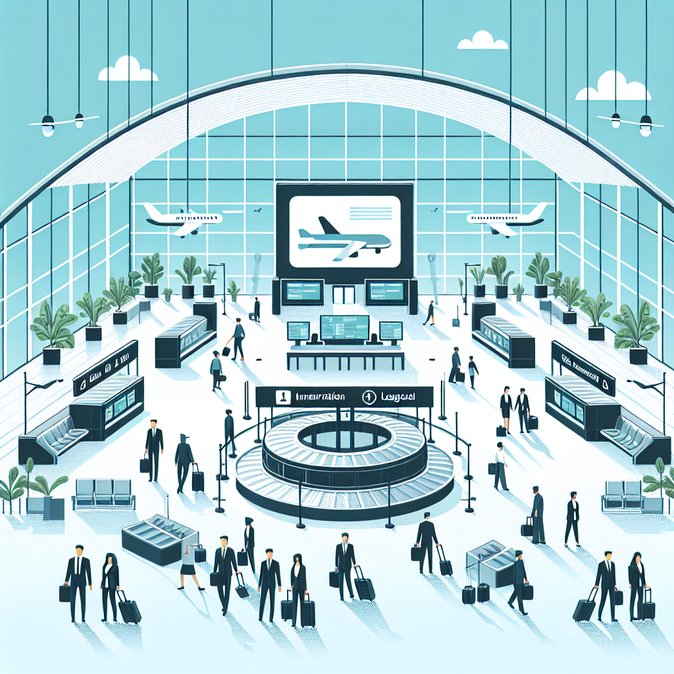
Ireland has moved to curb state support for newly arriving Ukrainians, reducing the period of free accommodation from 90 days to just 30 days. The change—highlighted in a wider Reuters roundup of Europe’s migration clamp-downs published on 17 November 2025—aims to make the system “more sustainable,” according to government officials.
Under the revised rules, beneficiaries of Temporary Protection who arrive after 10 November 2025 are placed in Designated Accommodation Centres where food, laundry and integration advice are provided. After 30 days they must secure private housing or move into host accommodation under the Accommodation Recognition Payment scheme. Weekly welfare payments of €38.80 per adult continue, but broader social-welfare entitlements only apply once they leave the centres.
![Ireland Tightens Support for New Ukrainian Arrivals to 30 Days as Part of Asylum Reforms]()
Businesses that have hired Ukrainian talent on short notice—particularly in ICT and financial services—may need to step in with relocation assistance earlier than before. Employers should review housing allowances and onboarding timelines to avoid losing candidates who cannot secure accommodation in the tight Irish rental market.
The policy change mirrors measures across Europe as governments try to balance humanitarian commitments with mounting accommodation costs. For existing Ukrainian residents who arrived before 10 November, the 90-day allowance remains, but HR departments should note the cut-off date when advising future hires.
Longer-term, the Department of Justice has signalled that a single work-and-residence permit could be extended to Ukrainians who secure employment, potentially easing labour-market integration while keeping state housing costs down.
Under the revised rules, beneficiaries of Temporary Protection who arrive after 10 November 2025 are placed in Designated Accommodation Centres where food, laundry and integration advice are provided. After 30 days they must secure private housing or move into host accommodation under the Accommodation Recognition Payment scheme. Weekly welfare payments of €38.80 per adult continue, but broader social-welfare entitlements only apply once they leave the centres.

Businesses that have hired Ukrainian talent on short notice—particularly in ICT and financial services—may need to step in with relocation assistance earlier than before. Employers should review housing allowances and onboarding timelines to avoid losing candidates who cannot secure accommodation in the tight Irish rental market.
The policy change mirrors measures across Europe as governments try to balance humanitarian commitments with mounting accommodation costs. For existing Ukrainian residents who arrived before 10 November, the 90-day allowance remains, but HR departments should note the cut-off date when advising future hires.
Longer-term, the Department of Justice has signalled that a single work-and-residence permit could be extended to Ukrainians who secure employment, potentially easing labour-market integration while keeping state housing costs down.


